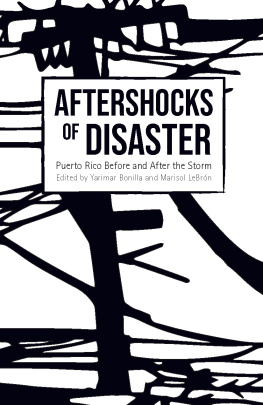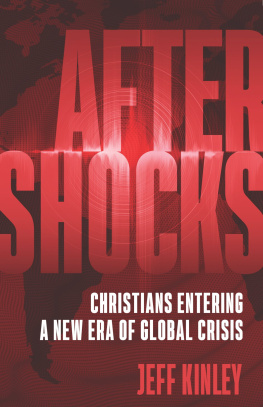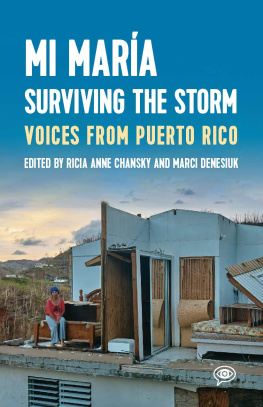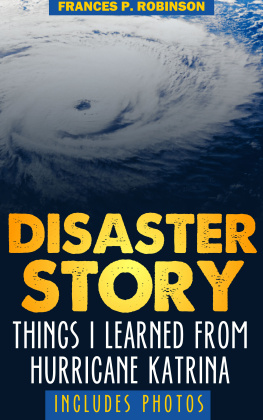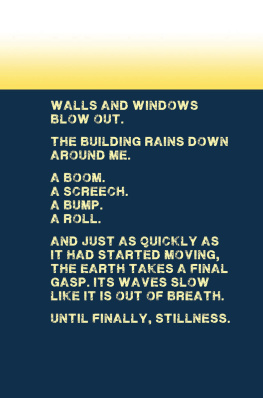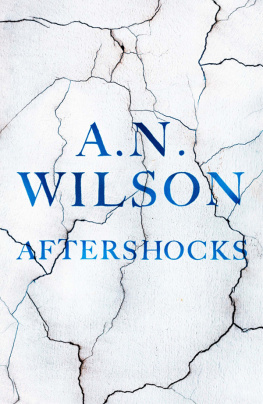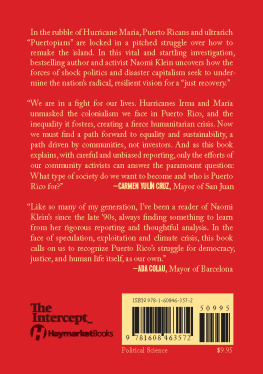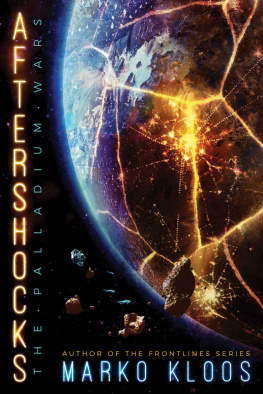
This eBook is licensed to Will Yang, williamyang1997@hotmail.com on 09/21/2019
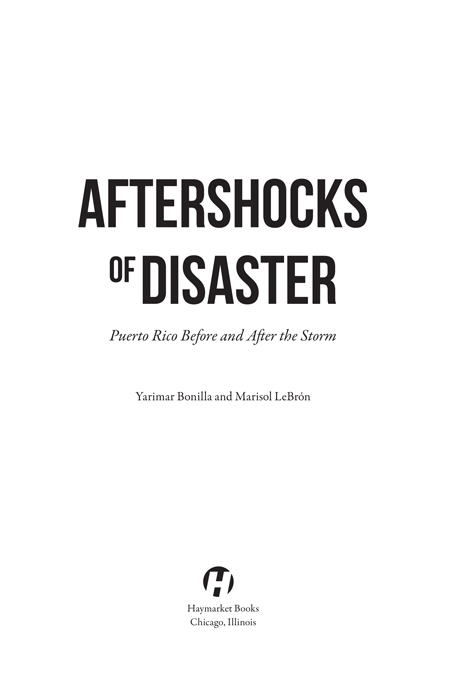
This eBook is licensed to Will Yang, williamyang1997@hotmail.com on 09/21/2019
2019 Yarimar Bonilla and Marisol LeBrn
Published in 2019 by
Haymarket Books
P.O. Box 180165
Chicago, IL 60618
773-583-7884
www.haymarketbooks.org
ISBN: 978-1-64259-086-9
Distributed to the trade in the US through Consortium Book Sales and Distribution (www.cbsd.com) and internationally through Ingram Publisher Services International (www.ingramcontent.com).
This book was published with the generous support of Lannan Foundation and Wallace Action Fund.
Special discounts are available for bulk purchases by organizations and institutions. Please call 773-583-7884 or email for more information.
Cover artwork, Pentagramas (Staves) series, detail, 2012, 18 x 12 in, paper cutout, by Frances Gallardo
Cover design by Rachel Cohen.
Library of Congress Cataloging-in-Publication data is available.

This eBook is licensed to Will Yang, williamyang1997@hotmail.com on 09/21/2019
TABLE OF CONTENTS
Arcadio Daz-Quiones
Yarimar Bonilla and Marisol LeBrn
A Conversation between Yarimar Bonilla and Naomi Klein
Mariana Carbonell, Marisa Gmez Cuevas, Jos Luis Gutirrez, Jos Eugenio Hernndez, Mickey Negrn, Maritza Prez Otero, and Bryan Villarini; translated by Carina del Valle Schorske
Sandra D. Rodrguez Cotto
Carla Minet
Raquel Salas Rivera
Benjamn Torres Gotay
Eduardo Lalo
Ana Portnoy Brimmer
Beatriz Llenn Figueroa
Sofa Gallis Muriente
Frances Negrn-Muntaner
Hilda Llorns
Erika P. Rodrguez
Christopher Gregory
Marianne Ramrez-Aponte
Carlos Rivera Santana
TIAGO (Richard Santiago)
Adrian Roman
Raquel Salas Rivera
Ed Morales
Natasha Lycia Ora Bannan
Rima Brusi and Isar Godreau
Eva L. Prados-Rodrguez
Ana Portnoy Brimmer
Mnica Jimnez
Patricia Noboa Ortega
Sarah Molinari
Arturo Massol-Dey
Giovanni Roberto
Marisol LeBrn
Nelson Maldonado-Torres
This eBook is licensed to Will Yang, williamyang1997@hotmail.com on 09/21/2019
FOREWORD
Arcadio Daz-Quiones
Long before Hurricane Mara, the fiscal and political crisis had invested all things Puerto Rican with increasing urgency. The threat of total collapse continues to raise major themes of discussion in a global context: colonial capitalism, human rights, gender equality, democracy, unpayable debt, climate change, migration and citizenship, environmental policies, education, and health care. And yet for many, the newly discovered US territory and the millions of second-class American citizens remain mysterious, or rather invisible, right before our eyes. Fortunately, there are signs that Puerto Ricos and the United States long, transnational historyoften silenced in the American mainstreamnow commands serious attention from those trying to come to a better understanding of the legacies of colonialism and of Puerto Rican resistance.
The willingness to ask a huge array of new questions inspired the organizers of the conference entitled Aftershocks of DisasterPuerto Rico a Year after Mara, held at Rutgers University in New Brunswick, New Jersey, in September 2018. I attended the Rutgers colloquium, and what I saw and listened to in the give-and-take of conversation that day has stayed with me. The fact that this event was held in New Jerseyand that other colloquia animated by a similar spirit have been held in New York, Massachusetts, Connecticut, Illinois, and Washington, DCshows, first, the strength of the ethos of solidarity among diverse diasporic communities and the institutions they have created as well as the moral sensibility of their allies at universities and research centers. Second, and equally important, it shows how the full extent of the disaster is driving the research, writing, and activism of a new generation of scholars and journalists. This is all particularly encouraging, especially in view of the drastic budgetary cuts that are proving so destructive for the Universidad de Puerto Rico at the worst possible time.
Like other islands in the Caribbean, current struggles in Puerto Rico have roots deep in colonial history, dating back to the old Spanish colony and the military occupation by the United States in 1898. Still, even in academia, some have only the vaguest idea of that history, despite the crucial fact that the Puerto Rican population in the United Statesa story spanning more than a centuryhas grown to well over five million. History seems to have been erased from memory. Few remember, for instance, the deaths of thousands of Puerto Rican soldiers in the Korean and the Vietnam Wars. The United States imperial domination is rarely acknowledged despite significant scholarly and journalistic publications in Spanish and English, and of the revelatory poetic voices of Julia de Burgos, Pedro Pietri, and so many others down to the present day.
The political, conceptual, and emotional impact of earthshaking transformations in Puerto Rico is far-reaching. As I listened to the compelling presentations at the Rutgers meeting, it soon became clear that the aftermath of Maraas has also been said of Hurricane Katrinareveals much that was concealed. This is true not only of the extreme social inequalities or the defunding of public education but also of the complicity of specific local Puerto Rican economic and political actors with neoliberal policies. At the same time, the crisis has given new visibility to a powerful and racist imperial state and to the repression of radical Puerto Rican voices, a history that has left indelible long-term effects on many lives.
There are still euphemisms all over the place to cover the fact that Puerto Rico has never had full control of its economic, environmental, and communications policies. But thanks to the amazing investigative journalism and work by activists, some of whom were present at Rutgers, it has been sufficiently revealed that enormous problems had been swirling for years just below the surface. And that after the turmoil of the debt crisis, the passing of the Financial Control and Management Board Stability Act (known on the island as PROMESA) in 2016 by the US Congress, and then Hurricane Mara, there does not seem to be much left of the Estado Libre Asociado, or the Commonwealth of Puerto Rico (both names are quite misleading). The imposition of PROMESA and of the board (popularly known as La Junta) constitute a decisive rebuttal to those who believed that the Estado Libre Asociado, created in 1952, represented the decolonization of Puerto Rico.
But perhaps it is no less true that disasters keep concealing as much as they reveal. Such is the case with the decision faced by many Puerto Ricans whether to stay or to leave the island. A new and massive exodus to the United States, often of younger workers and professionalsas well as families with childrenhas come into view. Indeed, since the mid-twentieth century, the San Juan airport has acquired immense material and symbolic power. It is a central site of memory. But in terms of current political mobilization in the struggle for equal rights, what are the gains and losses of leaving? To put this question is also to ask, What challenges lie ahead for those who remain behind? Are their voices weakened or strengthened? One should also take note of a change in the lived experience shared by many in the diaspora and on the island. The magnitude of the crisis has brought a transformative personal, political, and intellectual relationship with individuals and activist groups, perhaps a new understanding of
Next page
